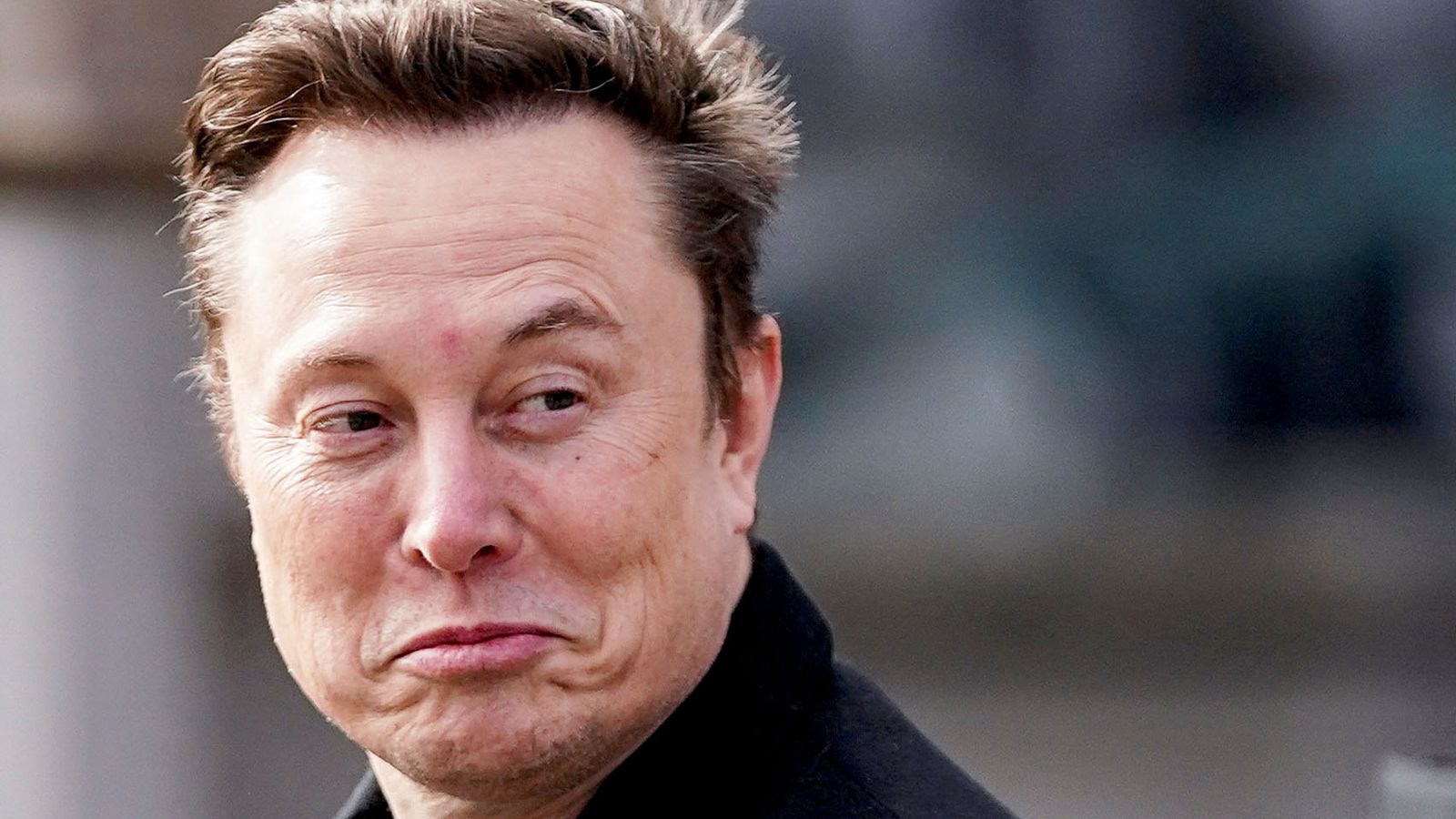Elon Musk and the Twitter Revolution: Free Speech or Controlled Chaos?
When Elon Musk finalized his $44 billion takeover of Twitter, the internet held its breath. What would happen when one of the world’s most polarizing tech figures seized control of one of the most influential communication platforms on the planet?
The answer came quickly. And it was chaos.

A Platform Flipped on Its Head
Within days, Musk had dissolved Twitter’s board, fired top executives, and initiated mass layoffs that gutted entire teams — including content moderation and trust & safety departments. Musk argued that Twitter had become too restrictive, too politically biased, and too “woke” to function as a true space for free expression.
His mission? Turn Twitter into a digital town square. A place where, in his words, “all legal speech” would be allowed. But in practice, what followed looked more like a social experiment — one that the entire world was watching in real time.
Free Speech or Free-for-All?
Musk reinstated previously banned accounts — including controversial political figures, conspiracy theorists, and users removed for spreading misinformation. He scrapped the old verification system and introduced a paid “Twitter Blue” badge, leading to chaos as impersonators flooded the platform.
Advertisers, uncomfortable with the sudden lack of content control, began pulling out. Hashtags like #RIPTwitter trended. Former employees raised alarms about the collapse of internal systems and the growing inability to fight bots, hate speech, and coordinated harassment.
Yet through the storm, Musk pressed on — tweeting, taunting critics, and making major decisions via Twitter polls.
To some, it was the ultimate exercise in free speech. To others, it was reckless.
What’s Really at Stake?
Twitter isn’t just another social media app. It’s used by politicians, journalists, CEOs, activists — even heads of state — to broadcast ideas, negotiate diplomacy, and shape narratives. A single tweet can move stock markets, spark protests, or sway public opinion.
Under Musk’s rule, the reliability and perceived neutrality of that platform is in flux. The question isn’t just “Is this entertaining?” It’s “What does this mean for global information ecosystems?”
And perhaps most chillingly: what happens when the line between tech CEO and media gatekeeper becomes indistinguishable?
The Rise of the “Musk Doctrine”
Elon Musk’s version of Twitter is not just a business venture — it’s a philosophy in motion.
It’s about radical transparency. About letting users “see the algorithm.” About taking power away from institutions and giving it — in theory — back to the people.
But like many revolutions, the Musk Doctrine is messy. It’s built on provocation, speed, and disruption. And it doesn’t always have a clear plan.
Behind the libertarian ideals lie hard realities: content moderation is still necessary. Laws still apply. And a digital space without guardrails can quickly become a weapon.
The World Watches — and Reacts
Governments have begun responding. The EU warned Musk that Twitter must comply with its Digital Services Act. Civil society groups have raised concerns about Twitter becoming a breeding ground for hate speech. In some countries, activists now worry that Twitter is less safe — and less useful — than it once was.
Meanwhile, rival platforms have emerged. Bluesky, Mastodon, and Threads all saw spikes in interest. But none have replaced the scale or influence of Twitter. Not yet.
Love him or hate him, Elon Musk has done what few others could: he’s made the mechanics of speech, censorship, and online influence into a dinner-table topic.

So, What Comes Next?
Is this just the beginning of a new kind of platform? One that tests the limits of free expression? Or is it a cautionary tale of what happens when a tech billionaire makes the rules?
Elon Musk is betting that users will value openness over stability. That transparency will win over trust. And that the chaos will eventually lead to clarity.
But social media is more than code. It’s people. And people — unpredictable, emotional, and easily swayed — are what make or break the system.
Twitter’s future may still be written. But one thing is certain:
This is no longer just a platform. It’s a stage. And the whole world is watching.
:max_bytes(150000):strip_icc():focal(719x39:721x41)/Elon-Musk-5b33223ae173454382ea3cc04373e8b8.jpg)